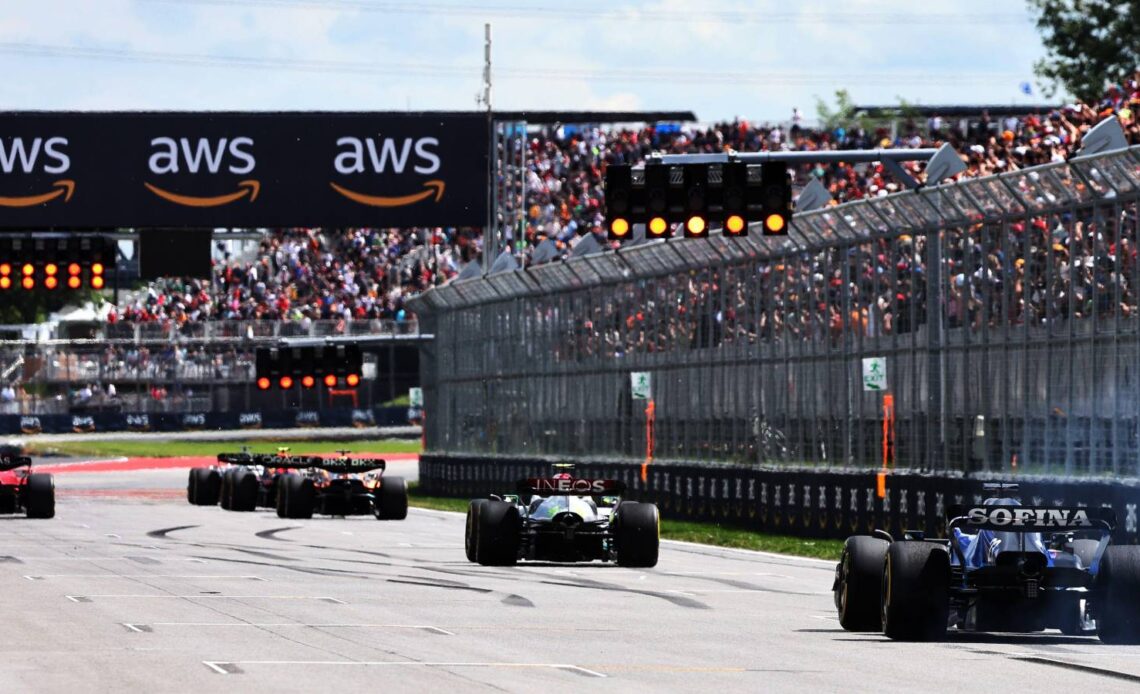Mercedes boss Toto Wolff supports the FIA’s decision to step in with a technical directive relating to the impact of porpoising.
After many drivers suffered a bumpy ride in Baku, concerns were raised about the long-term health impacts of the bouncing phenomenon associated with the 2022 ground-effect cars.
The grid was not quite united on the wish for the FIA to step in, Red Bull in particular lobbying it was up to the teams to manage the performance-related problem, but a technical directive released before the Canadian Grand Prix represented FIA action on the issue.
While the directive sets out new areas of scrutineering from the FIA, reports suggest the Canadian Grand Prix will be used for data-gathering rather than enforcement.
Nonetheless, Wolff welcomed the step, explaining it cannot be left to the teams to address the issue.
Mercedes’ Lewis Hamilton seemed to be the driver worst affected in Baku, the porpoising causing him back pain.
Speaking to reporters on Friday in Montreal, Wolff said: “I think sometimes in F1, we need to be protected from ourselves. Everybody is chasing performance.
“And like many teams didn’t like the cost cap, and tried to fight against it, or fight regulations they deemed to be counter-productive for their own purposes, now we have a situation that the way the cars have been designed they are ground-effect cars.
“And as ground-effect cars did in the 1980s and 90s, these cars are porpoising. And to a higher or to a lesser degree with some of the teams. But as a matter of fact, there is a health issue with the drivers and that’s why we cannot just leave it to the teams to say ‘well, up to you to judge’.”
Porpoising had in particular been seen as a Mercedes issue in the early rounds of the 2022 campaign, the W13 underwhelming with the fix for porpoising being raising the ride height, although that means a loss of downforce and thus performance.
There are reports that as part of F1’s clampdown, teams may be forced to raise the ride height by 10 millimetres if they cannot reach the “safe set-up” which will be defined.
Wolff returned to the subject of this being about driver safety, saying performance should not be a reason to stand against changes.
“If all of us could have solved it, we would rather solve it then have the situation,” he affirmed.
“I think we all have a responsibility for our drivers. This is not an area where teams should push against the change just because they believe they…
Click Here to Read the Full Original Article at News – PlanetF1…

